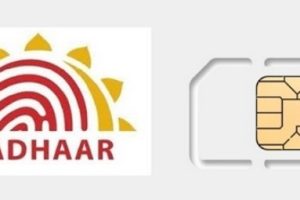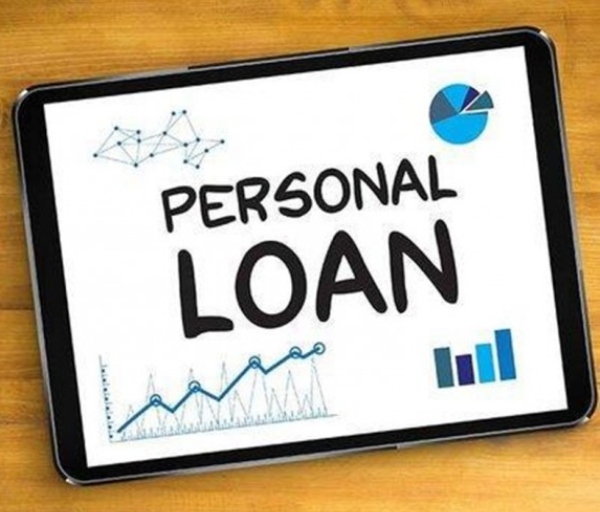What is the typical approval timeline for a personal loan? This question lacks a specific answer as it varies among different lenders.
Factors affecting loan approval timeline
The approval duration for a personal loan can fluctuate based on various factors, including:
The lender: Online lenders tend to be the swiftest, with approvals occasionally occurring within minutes. Banks and credit unions may require more time, ranging from a few days to a week or beyond.
Your creditworthiness: This is a significant factor, hinging on your credit history encompassing your credit score, payment track record on previous loans and credit cards, and any existing debts. A favorable credit score typically enhances your likelihood of loan approval and secures a favorable interest rate. Individuals with robust credit scores and sound financial situations typically experience quicker approval.
Earnings and employment: Lenders aim to confirm your stable income and your ability to repay the loan. Your salary, work history, and any additional sources of income will be taken into account.
Debt-to-income ratio (DTI): This metric assesses your total monthly debt payments relative to your gross monthly income. A reduced DTI ratio indicates to the lender that you have greater financial flexibility in your budget to accommodate additional debt.
Loan amount and purpose: The sum you’re seeking to borrow and the intended use of the funds can also influence the approval process. Certain lenders might impose limitations on the permissible uses of a personal loan.
Collateral: While some personal loans are unsecured, meaning no collateral is needed, secured loans, backed by assets such as a car or house, may offer easier qualification and potentially lower interest rates.
Your application’s intricacy: Processing times may be extended if additional verification or paperwork is necessary for your application.
How to get quick approval of your loan application?
Although obtaining instant approval for a loan application is not guaranteed, you can enhance the likelihood of a faster and more seamless process by following these steps:
Review your credit score and report: Strive for a favourable credit score, typically exceeding 700, through consistent on-time repayments, maintaining low credit card balances, and minimising unnecessary credit inquiries. Access a complimentary credit report from various sources to identify and rectify any errors that could impact your score.
Collect essential documents: Streamline the verification process by ensuring you have all necessary documents, including proof of identity, address verification, and income proof (such as salary slips and bank statements), readily available.
Select the appropriate lender: Conduct thorough research and compare lenders with efficient processing times. Take into account factors such as eligibility criteria, interest rates, and the availability of any pre-approval options they may offer.
Nevertheless, despite following these steps, the duration for loan approval can fluctuate based on the lender, your personal situation, and the loan amount. It is essential to maintain realistic expectations and be ready for the potential need for additional documentation or verification steps.
Frequently Asked Questions (FAQs)
Q. What are secured loans?
Secured loans involve pledging an asset as collateral to secure the loan. This collateral serves as a guarantee for the lender. In the event of failure to repay the loan as per the agreed terms, the lender possesses the legal right to seize and sell the collateral to recover their losses.
Q. What are unsecured loans?
Unlike secured loans, unsecured loans do not necessitate pledging collateral as a guarantee for repayment. Approval for these loans relies on your creditworthiness, encompassing factors such as your credit score, income, employment history, and debt-to-income ratio.
Q. What are the benefits of taking a secured loan?
Secured loans, despite the risk of collateral loss, present various potential benefits that can make them an appealing choice for borrowers in certain circumstances. Here are some key advantages to contemplate:
- Reduced interest rates
- Increased loan limits
- Enhanced approval odds
- Opportunity to establish credit
- Acts as a disciplinary tool
Q. For what purposes can a personal loan be sought?
Personal loans serve as versatile financial instruments applicable to various purposes. While lenders might not always impose restrictions on fund utilisation, here are common reasons why individuals pursue personal loans:
- Debt consolidation
- Home improvement projects
- Major purchases
- Unexpected expenses
- Education and training
- Special events and travel
Q. Suggest some alternatives to no-credit-check loans.
Given the substantial drawbacks associated with obtaining a personal loan without a credit check, here are some safer and potentially more cost-effective alternatives to consider in India:
- Secured loans: These loans necessitate pledging an asset, such as a car or property, as collateral. This diminishes the lender’s risk and may enable you to qualify for a lower interest rate, even with a poor credit score.
- Co-signer loans: Enlisting the support of a friend or family member with a good credit history allows them to co-sign the loan, providing a guarantee for repayment in the event of default. This not only improves your likelihood of approval but may also lead to a more favorable interest rate.
- Building your credit: If the loan isn’t urgently needed, consider taking measures to enhance your credit score. This may involve obtaining a secured credit card, opting for a credit builder loan, or reducing existing debts. With an improved credit score, you’ll be eligible for more advantageous loan terms in the future.
Source By: livemint










